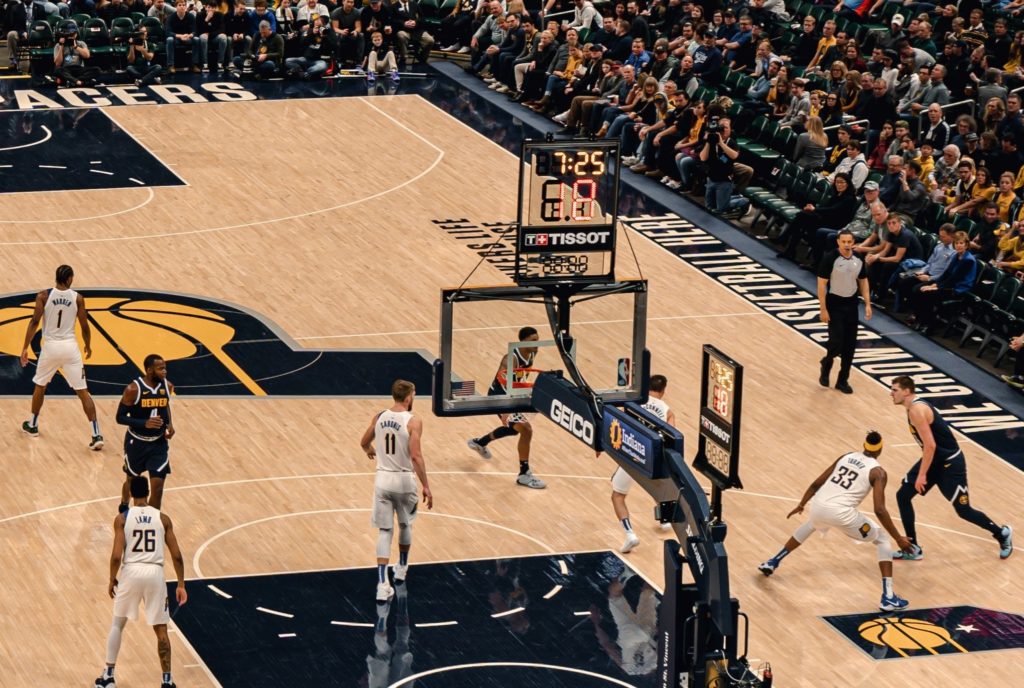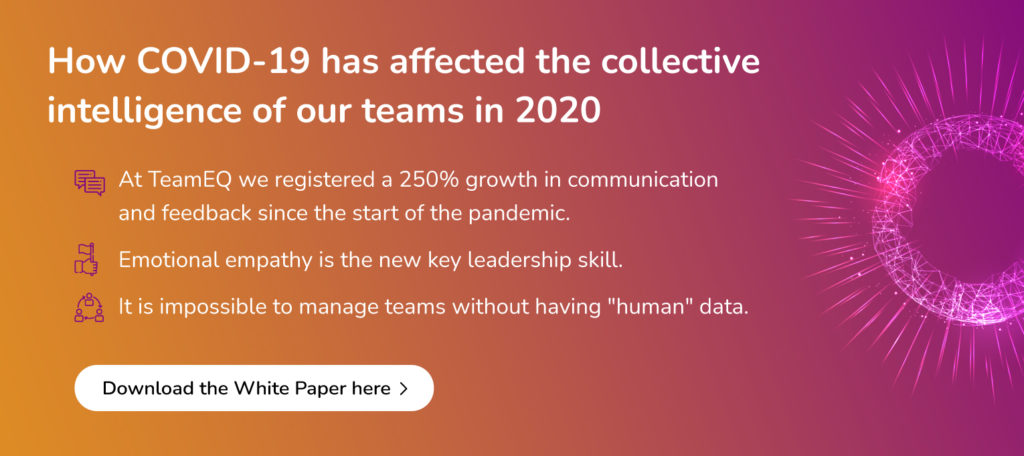How can analytics help your team’s performance?
By Ed Marsh, ex Global Head of Talent, Nestlé.
These days, the world’s top professional sports teams use data analytics systematically to gain new insights about how the players are performing and to look for opportunities to gain a competitive edge for the team. Think of soccer, tennis, athletics, F1 cars or even cricket, that icon of ‘gentlemen’s fair play’. All are awash with data… In a recent tennis match I saw detailed analysis about the speed of rotation of Rafael Nadal’s tennis balls with different strokes, sides of court, opponents etc, and the competitive difference it was making. Team coaches these days needs to be highly data-oriented, not just strong on tactics and talent development.
In business as in many other organisations, HR teams have been trying to lead the way with people analytics that can give insights into how the organisation is performing. Not only tech companies like Google and Apple, but more traditional multinationals like Shell, Nestlé and GE. Analytics are increasingly applied to key people areas such as talent acquisition, employer branding, talent development, learning & training effectiveness and compensation programs. These metrics are all relatively easy to measure but don’t really detect the ‘softer side’ – how people are feeling, how change is impacting their engagement, their level of energy and alignment, etc.
Typically, the solution offered by HR and consultancies is the Employee Survey, normally done once per year (or even every 2 years) with the option for short ‘pulse surveys’ in between. I have worked in 3 large multinationals which used large global surveys and while they definitely generated massive amounts of data, the insights obtained were usually fairly mundane. They gave business leaders numbers and trends about people topics in order to measure progress. But often they told us in numbers and charts what we already knew. In addition, they resulted in waves of action-plans cascading down the organisation as each level of leadership attempted to improve satisfaction and engagement across their part of the organisation. Nothing wrong with that, you may say, so far, so good!
But with today’s dynamic world, the rapid pace of change, the fluidity and flexibility required for competitive success, teams and their leaders need a more agile and operational tool which gives feedback for improvement IN REAL TIME. This is totally different from the global annual survey run by Corporate HR. This is owned by the team, with results flowing in weekly or monthly, and focussed on how the team is functioning more than the what. This would be much more like the cockpit or dashboard of a car or aircraft, showing the key dynamics of the team such as alignment, accountability and decision-making. This can create a virtuous circle of increased belief, team competence and team performance.
Intelligent teams to accelerate results
Many of us are part of multiple teams at the same time. For example: temporary project teams, but also functional teams. On top of that, most teams have been working virtually since the Covid-19 pandemic and most research shows that many employers will maintain a strong virtual part of their working practices, even if there is a need for people to return to the office once or twice a week. In a few short weeks, Covid-19 dramatically broke down all the barriers and objections to remote teamworking and it has become the norm in most functions. This means leaders cannot ‘see’ their people face to face and it is even harder to sense the team’s dynamic.
For many years, I have argued that teams are the most powerful unit in an organisation. That is where the greatest potential for performance gain or loss exists. Most HR tools focus on individuals – hiring, developing, retaining, rewarding individuals. While having the right people on the team is of course very important, once the whistle blows and the game starts, it’s the team interaction which is key – how those individuals collaborate, communicate, decide and energise each other to deliver team goals. Leaders and their teams need operational help to understand and drive this dynamic on a weekly or monthly basis. In fact, not just leaders: team members would love to have access to this data to take responsibility ourselves for driving collective team performance!
So, let’s find a simple tool to get feedback and generate practical insights into our teams operational working, bringing these insights to the table in our meetings to help achieve more of our full potential – whatever sport we are playing!
Ed Marsh has more than 30 years HR experience including heading global talent and development at Nestlé, CHRO of a global Nestlé business and previously senior HR and people development roles at HP among others. He advises companies in HR strategy and is a Director and Trustee of several charities. He is based in London.
Ph: Unsplash.




